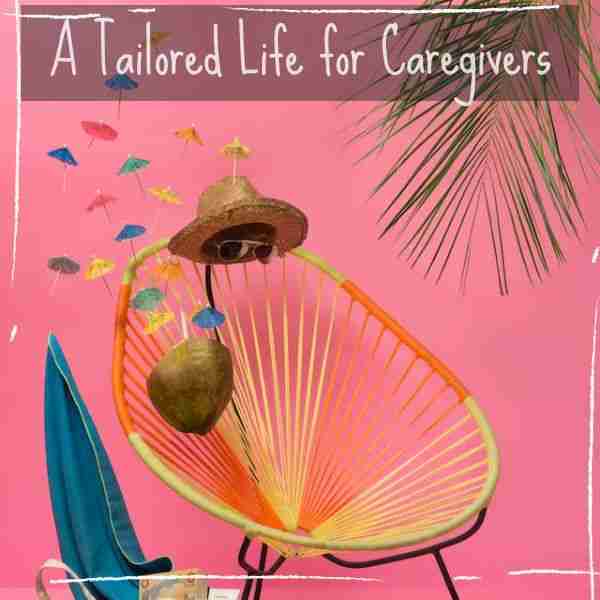What is emotional intelligence?
Emotional intelligence has been defined as the ability to identify one’s own feelings and those of others, which is important for self-awareness, empathy, and managing emotions. It is also defined as the ability to control impulses and understand how emotions affect relationships. Psychologist Daniel Goleman’s groundbreaking book on emotional intelligence, Emotional Intelligence: Why it can matter more than IQ, helped popularize the field.
Emotions are expressed in art, instrumental music, and dance in non-verbal forms. Emotional intelligence is the ability to identify, understand, manage, and constructively use the emotions of both ourselves and others, in a positive way. Becoming more aware of and in control of our own emotions, as well as successful in identifying and responding to the emotions of other people with whom we interact and relate, can help us accomplish more in our daily lives.
Using emotional intelligence in relationships
The use of emotional intelligence in our personal and professional relationships results in more effective communication and a greater ability to manage conflict. This can help us reduce stress and anxiety, get more done in less time, live in accordance with our own values and goals, and enjoy healthier and more satisfying relationships.
According to Harvard theorist Howard Gardner, “Your EQ is the level of your ability to understand other people, what motivates them and how to work cooperatively with them.”
SOURCE: https://psychcentral.com/lib/what-is-emotional-intelligence-eq/
Regulating emotions
Emotional intelligence involves much more than academic intelligence because it has to do with a person’s ability to process, control and regulate their own emotions as well as be aware of and receptive to the emotions of others in an effort to foster positive relationships.
Family Dynamics and Communication
While emotional intelligence may be rooted in family dynamics and communication, its impact goes far beyond intimate relationships. The coping skills that we were supplied with as children by parents and caregivers to help regulate our emotions and be aware of the emotions of other people carry us through the various aspects and phases of our lives.
For example, a child who was taught to become aware of and in control of his or her emotions might, as an adult, be better equipped to handle an emotionally charged situation at work than another person whose parents failed to equip them with emotional intelligence of this kind.
Low emotional intelligence
A person who has low emotional intelligence may be unable to control impulses and emotional reactions toward others. This can lead them to high conflict scenarios where their behavior, body language, and the words they express to other people cause rifts in their relationships due to mixed signals, emotional friction, and misunderstandings.




Leave a Reply